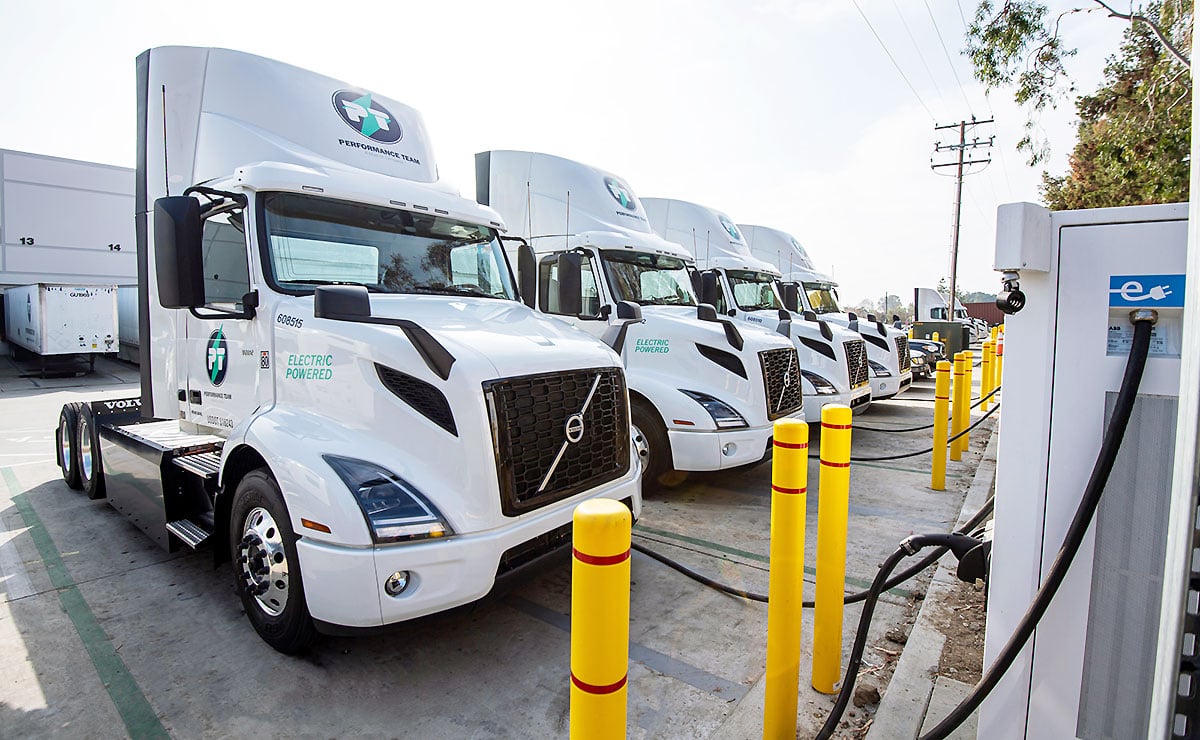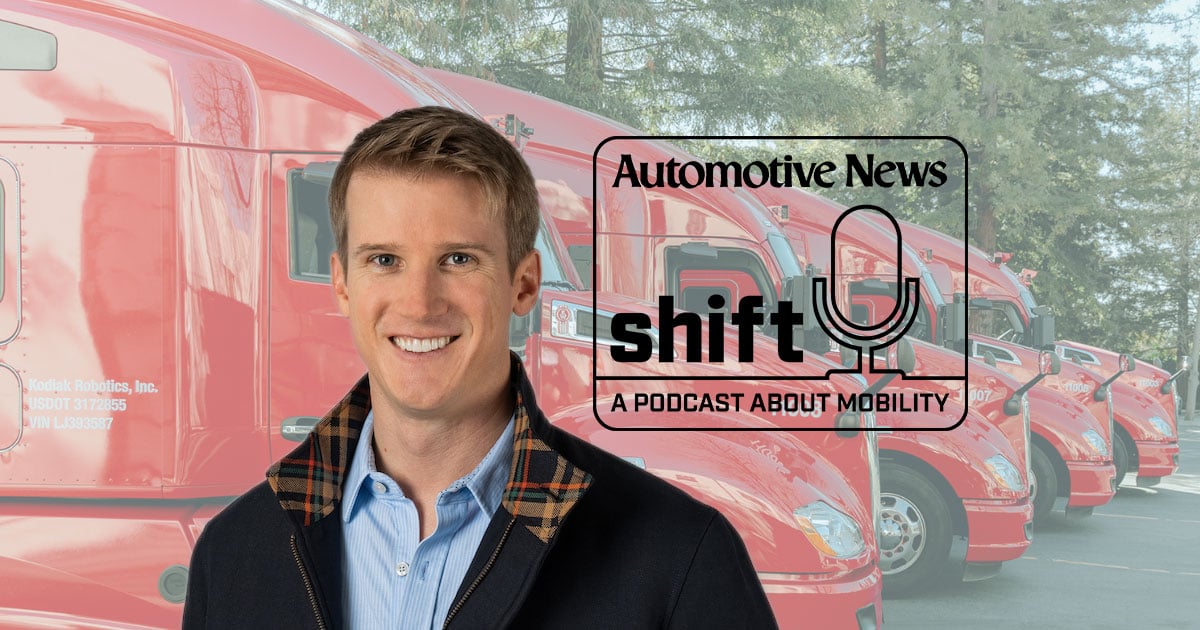<!–*/ */ /*–>*/
| The charging conundrum faced by commercial electric trucks |

LAS VEGAS — Electric truck builders are sounding the alarm on the lack of charging infrastructure and the time it takes to build as the freight and logistics industry transitions to zero-emission transport.
Daimler Truck North America CEO John O’Leary told Automotive News his company has both the manufacturing capacity and customer interest to sell 2,000 Freightliner eCascadia electric trucks this year, but there is a lack of chargers to support them.
“Our customers need to be able to charge any of their trucks anywhere they are,” O’Leary said as Daimler prepared to unveil the SuperTruck II, an extra-efficient concept model of its diesel Freightliner, on Wednesday at the Manifest freight and logistics conference here.
There is almost no public infrastructure to power large electric trucks. The charging systems going into distribution centers and other facilities are only trickling forward, hindered by long delays from utilities and the local government permitting process.
Charging is the single-largest barrier to electric truck deployment, said Mike Roeth, executive director of the North American Council for Freight Efficiency.
That has created a vast mismatch between customer interest and charger access.
“There is not going to be enough, fast enough” to satisfy demand, O’Leary said. Read the full story here.
— Jerry Hirsch
What you need to know
Honda slashes fuel cell costs, will launch hydrogen-powered CR-V next year: Honda targets annual sales of around 2,000 units of the new fuel cell system, jointly developed with GM, in the middle of this decade, aiming to boost that to 60,000 a year in 2030.
Battery startup Our Next Energy raises $300 million in new funding round: The investments, which included those from BMW i Ventures and Fifth Wall, valued the Michigan company at $1.2 billion.
California lawmakers want to prohibit fully autonomous trucking: State regulators are considering whether to revoke a ban on autonomous heavy-duty trucks on public roads. But labor organizers and allies in the state legislature are pushing back.

Roundup
Waymo’s YJ Ahn delved into the design behind the Zeekr robotaxi with Automotive News.
Tesla received requests from the Justice Department for documents related to its Full Self-Driving and Autopilot systems as regulatory scrutiny intensifies.
EV battery startup StoreDot and Circulor, a supply chain tracing company, plan to track carbon dioxide emissions from mining raw materials used in StoreDot battery cells and the cell manufacturing process.
Daimler Truck unveiled the SuperTruck II, an efficient diesel big rig intended to demonstrate fuel-saving technologies that can be deployed amid the shift to zero-emission vehicles.
Electrify America and TravelCenters of America plan to install 1,000 chargers at 200 TravelCenters locations along major highways over the next five years.
Phantom AI, a startup focused on creating a software-based platform for automated vehicles, secured $36.5 million in its latest funding round.
On the move
Self-driving technology firm Aurora Innovation Inc. appointed Ossa Fisher as its first president. Fisher joins Aurora from Istation, a Dallas education technology company, where she oversaw engineering, product, sales and marketing divisions as president and COO. The move is part of Aurora’s efforts to prepare for a commercial launch of autonomous trucks. …
EV startup Canoo named Ken Manget as its CFO. Manget previously ran global equity investment strategy at Ontario Teachers’ Pension Plan and was managing director of equity capital markets at BMO Capital Markets. Interim CFO Ramesh Murthy will remain with Canoo as its senior vice president of finance and chief accounting officer.
Brain food
Toyota has come under fire for what critics call foot-dragging on full electric vehicles. But its chief scientist, Gill Pratt, argues that with lithium as scarce as it is, automakers can reduce carbon emissions more quickly through a multipronged approach to electrification that includes widespread deployment of hybrids, rather than by focusing exclusively on full electric vehicles.
Last mile
Automotive stalwarts such as BMW, Porsche and German supplier Robert Bosch are betting that e-bicycles will become a lucrative business as consumers look for cheaper, eco-friendly ways to get around. But for bikes to take off in the U.S., American cities will need to become less car-centric, experts said.